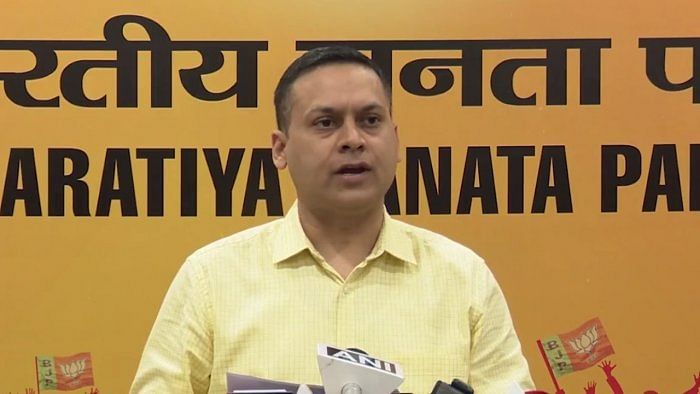
The High Court of Karnataka on Wednesday stayed till the next date of hearing further investigation in the FIR registered against BJP IT Cell chief Amit Malaviya for his tweets against Congress leader Rahul Gandhi. Justice M Nagaprasanna passed the interim order observing that the tweet was against a leader of a political party and hence, it cannot be regarded as against a group/class or as promoting enmity between groups/classes so as to attract offence under IPC section 153A.
Upon a complaint filed by Ramesh Babu, an office bearer of Karnataka Pradesh Congress Committee (KPCC), High Grounds police in Bengaluru had registered an FIR on June 27, 2023 under IPC sections 505 (2), 153A and 120B. The complaint stated that Malaviya through his tweet had targeted Rahul Gandhi and projected the relation he shares with the Muslims in a wrong way and the same would lead to hatred between people of different religions and propagate communal disharmony.
Also Read | Karnataka Assembly adjourned as BJP MLAs tear bill copies, throw them at Dy Speaker's face
Malaviya claimed that the complaint is bald and the same was filed with the agenda of browbeating and tyrannising him with criminal prosecution. The petitioner was represented by Tejaswi Surya, Member of Parliament from Bengaluru South and also an advocate. The advocate termed the complaint as politically motivated and expressed apprehension that there is a possibility of the petitioner being arrested.
In his interim order, Justice M Nagaprasanna cited the judgement of the Apex Court in Patricia Mukhim vs State of Meghalaya case, and noted that since the tweet in question was against the leader of a political party, it cannot be considered as promoting enmity between groups or classes as contemplated under IPC section 153A.
“The tweet, which has become the fulcrum of the allegation, is against an individual. If the tweet is against an individual, how it has created disharmony and enmity on the ground of religion, race, place of birth or residence is not divulged in the complaint,” the court noted.
The court further said, “If further investigation and proceedings are permitted, prima facie, the same would become an abuse of process of law.”